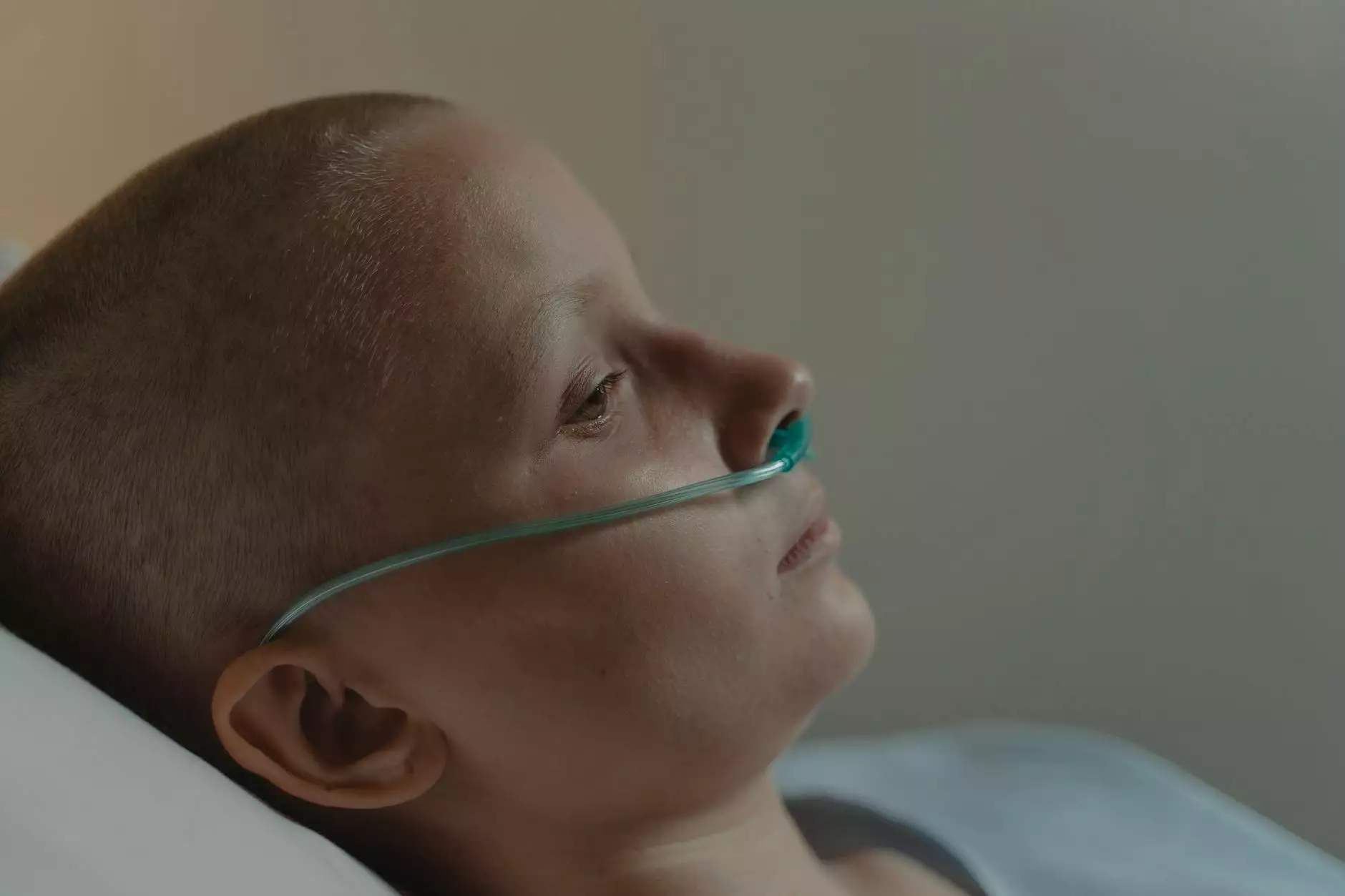The Risk of Cancer After Hysterectomy: Comprehensive Insights

Hysterectomy, a surgical procedure to remove the uterus, is commonly performed for various medical reasons, including uterine fibroids, endometriosis, abnormal bleeding, or cancer. While this procedure can provide relief from certain health conditions, many women are concerned about the risk of cancer after hysterectomy. In this comprehensive article, we will delve into the nuances of this topic, exploring factors influencing cancer risk, types of cancers linked to hysterectomy, and recommendations for maintaining overall health post-surgery.
Understanding Hysterectomy and Its Types
A hysterectomy can be classified into several types, depending on which parts of the reproductive system are removed:
- Total Hysterectomy: Removal of the uterus and cervix.
- Subtotal (or Partial) Hysterectomy: Removal of the uterus while preserving the cervix.
- Radical Hysterectomy: Removal of the uterus, cervix, surrounding tissues, and sometimes part of the vagina.
Each type of hysterectomy can have different implications for a woman's health and potential future risks. Understanding these differences is crucial for comprehensively evaluating the risk of cancer after hysterectomy.
How Hysterectomy Affects Cancer Risk
One of the primary concerns post-hysterectomy is the potential for developing cancer in various ways. While the procedure may reduce the risk of certain reproductive organ cancers, it does not eliminate cancer risk entirely. Here are several points to consider:
1. Reducing the Risk of Gynecological Cancers
Women who are at high risk for gynecological cancers may experience a decrease in their risk post-hysterectomy. For example:
- Uterine Cancer: Complete removal of the uterus eliminates the risk of uterine cancer.
- Cervical Cancer: The removal of the cervix significantly reduces the risk of cervical cancer.
2. Potential Increase in Other Cancer Risks
On the flip side, some studies have indicated an elevated risk for other types of cancers after hysterectomy procedures. For example:
- Ovarian Cancer: While a hysterectomy itself may not directly lead to ovarian cancer, women who retained their ovaries post-surgery might still be at risk. In some cases, risk can increase if ovaries are not examined or removed during surgery.
- Hormonal Changes: Removing the ovaries alters hormone levels, which may influence the risk for other hormone-related cancers, including breast cancer.
3. The Role of Hormone Replacement Therapy (HRT)
Women who undergo hysterectomy, especially with the removal of ovaries, may be recommended hormone replacement therapy. Understanding the implications of HRT is essential, as studies suggest that:
- HRT can diminish the risk of osteoporosis and manage symptoms of menopause.
- Long-term use of certain hormone therapies may correlate with an increased risk of breast cancer.
Research and Studies on Cancer Risks
Numerous studies have explored the intricate relationship between hysterectomy and subsequent cancer risk. For instance, research published in reputable medical journals has shown:
- A review of the National Cancer Database revealed that women who underwent hysterectomy exhibited varied outcomes based on existing health conditions and surgical history.
- Some studies indicate a statistically significant association between hysterectomy and increased risks for certain cancers, warranting further investigation.
Large Scale Studies
One notable study followed thousands of women who had undergone hysterectomy and assessed their cancer risks over several years, leading to key findings, such as:
- The average risk for ovarian cancer was notably higher in women who underwent hysterectomy after the age of 45.
- Women who had laparoscopic hysterectomies experienced differing outcomes versus those who had abdominal hysterectomies.
Factors that Influence Cancer Risk After Hysterectomy
The risk of cancer after hysterectomy is influenced by several factors:
1. Age at Surgery
Younger women may face different risks than older women post-hysterectomy. In general, younger women might have better long-term outcomes, but younger age can also lead to lasting changes in hormone levels, increasing the risk for hormone-related cancers.
2. Family History and Genetics
For many women, a family history of cancer profoundly impacts their individual risk factors. Genetic predispositions to cancers like breast or ovarian cancer can alter the trajectory of health outcomes following a hysterectomy.
3. Pre-existing Conditions
Conditions such as obesity, hypertension, or diabetes can further complicate health outcomes post-hysterectomy. These factors can potentially elevate cancer risks and may warrant more rigorous screening post-surgery.
Recommendations for Post-Hysterectomy Care
To best manage health and minimize cancer risks following a hysterectomy, consider adopting the following practices:
1. Regular Screening and Monitoring
It is crucial to maintain regular check-ups and screenings post-hysterectomy, particularly for:
- Breast cancer via annual mammograms.
- Pelvic exams can help detect issues with retained ovaries.
2. Healthy Lifestyle Choices
Making informed lifestyle choices has a powerful effect on overall health and cancer risk. Some healthy practices include:
- Balanced Diet: Consume a nutrient-rich diet, emphasizing fruits, vegetables, whole grains, and healthy fats to maintain optimal weight and health.
- Regular Exercise: Aim for at least 150 minutes of moderate-intensity exercise weekly to strengthen the immune system and help manage weight.
- Limit Alcohol Intake: Moderation is key; limit alcohol consumption to reduce cancer risks.
3. Psychological Support
Post-hysterectomy, many women may experience emotional and psychological impacts. Seeking support through counseling or support groups can be beneficial in navigating any emotional challenges.
Concluding Thoughts on the Risk of Cancer After Hysterectomy
While a hysterectomy can significantly alleviate certain health issues and reduce risks for specific cancers, it is essential to stay informed about the potential risk of cancer after hysterectomy. Each woman's health story is unique, and personalized care tailored to individual risks and history is integral in safeguarding long-term health.
At Dr. Seckin's practice, we prioritize comprehensive women's health services and aim to provide the utmost care tailored to your needs. Whether you're considering a hysterectomy or seeking advice on managing your health post-surgery, we are here to assist you every step of the way.









